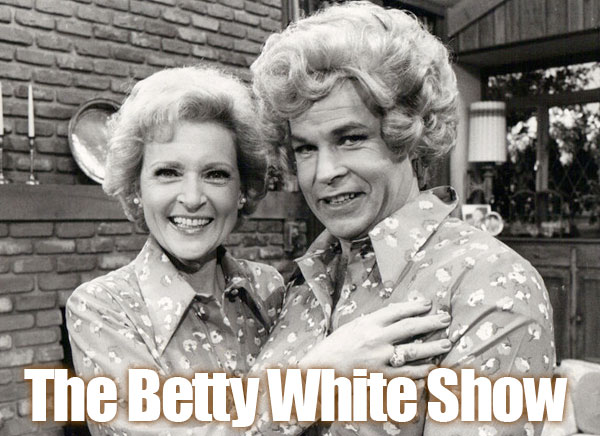
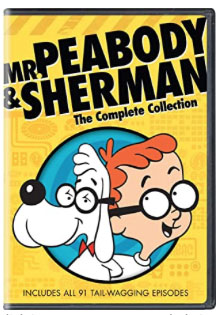

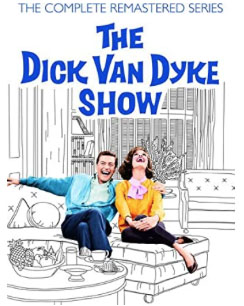
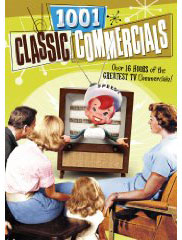

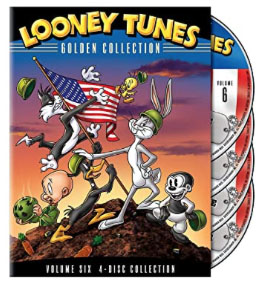
 |
 |
 |
 |
 |
 |
 |
| |
|
|||||
|
Traditionally, the 'Queen of Television' title goes to Lucille Ball but since she's gone I believe the mantle has been passed to Betty White; no other TV star has enjoyed so much success over the last six decades. Additionally, she's a true television pioneer. They threw Betty in front of the TV cameras in 1949 when very few people in the nation had a set that could receive the signal. She remained a fixture on the new medium during the 1950s. During the 1960s and early-1970s she was mostly relegated to appearing on game and talk shows where her impressive game play and sparkling wit made her a highly sought after guest.
But there was little or no interest in her for primetime TV until she was cast as caustic Sue Anne Niven the Happy Homemaker on The Mary Tyler Moore Show in 1973. Her character caught fire and before long she became a regular, one of the biggest laugh getters on that series. After The Mary Tyler Moore Show ended in 1977, and flush off the (initial) succesess of Rhoda and Phyllis, it was Betty's turn to star in her own series. The premise: Joyce Whitman (Betty) was the star of Undercover Woman, a send up of Angie Dickinson in Police Woman; the show is directed by her contentious ex-husband played by John Hillerman (Magnum P.I.), Georgia Engel from The MTM Show played her best friend.
Granted, this sitcom felt a diluted compared to the best of Mary's shows, the MTM team was stretched pretty thin by the fall of 1977. Many of their best writers had gotten production deals elsewhere and the studio had the one-hour drama, Lou Grant, debuting in the fall of '77 as well as The Bob Newhart Show, Rhoda, and The Tony Randall Show already on the air (only Lou Grant survived the season).
It didn't help that this was the first MTM sitcom shot on videotape. Film was getting too expensive for the networks, they wanted all of their new sitcoms videotaped to save money. The result was a cheaper looking product and some worthy shows went down the chute because of it. (Newhart debuted in 1982, shot on videotape for the first season - after the show was a proven success, they moved over to film for the rest of the run.) At its best The Betty White Show was a worthy vehicle for a great comedy star that could have evolved into something wonderful, taking potshots at the entertainment industry always provides an endless stream of comedy potential, but the production never found its footing and was cancelled after 14 episodes.
Did you know: Betty White won an Emmy in 1996 playing 'herself' as ego maniacal star on The John Larroquette Show. Hot In Cleveland First off the cast is impeccable - Jane Leeves (Frazier), Valerie Bertinelli (One Day at a Time), and Wendy Malick (Just Shoot Me!) make up the core ensemble. But when Betty White meanders into any scene the show is hers from that point on. And thank goodness otherwise this caustic comedy would mostly fall flat. The premise is flimsy but who cares, it's a sitcom, I come for the laughs - three LA airheads descend on the Cleveland bar scene once they realize the local guys there find them attractive. On a lark, they move into a home that comes with a cantankerous caretaker in the form of Betty White. |
Our huge catalog of |
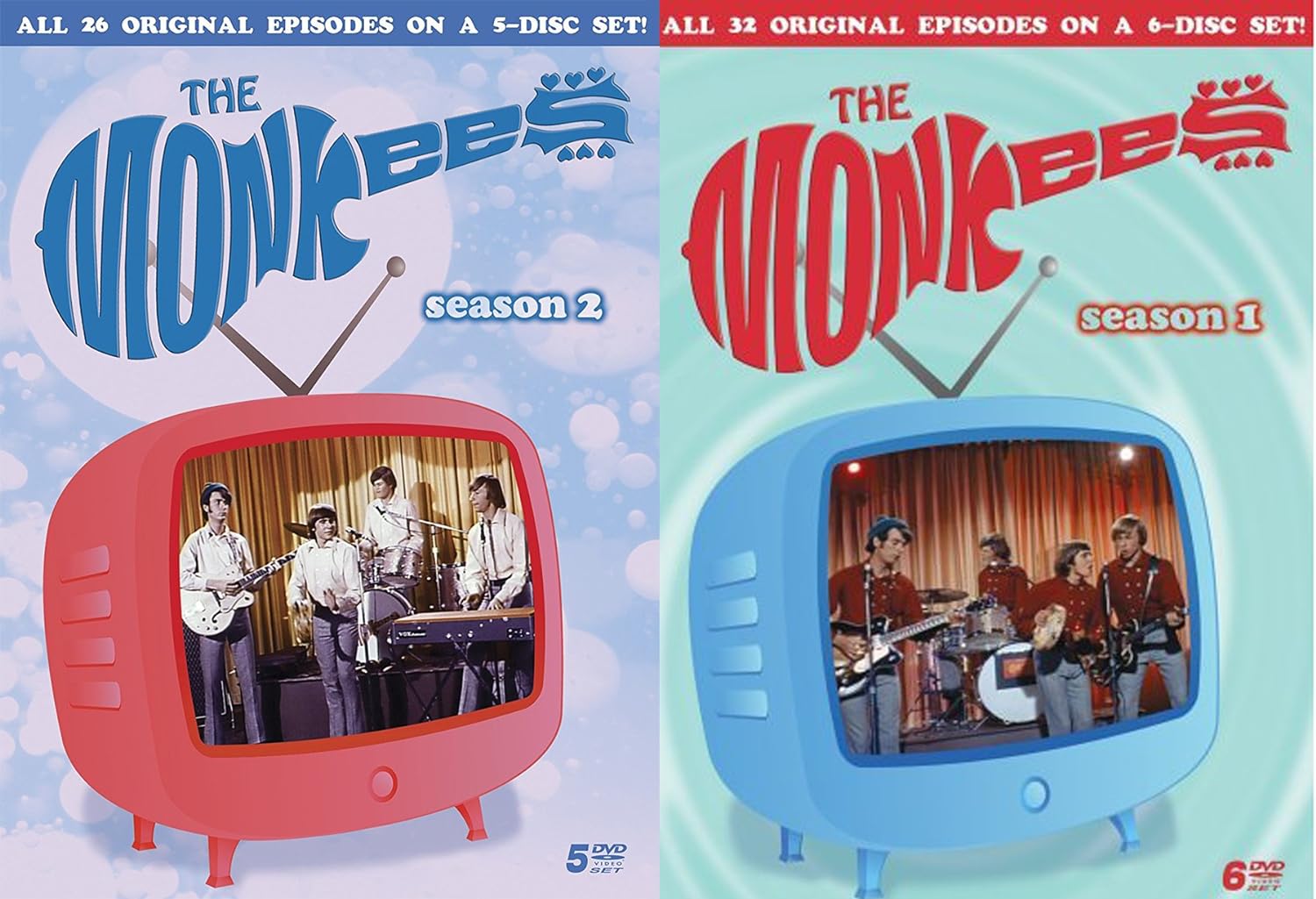 |
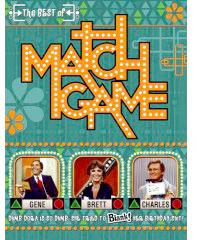 |
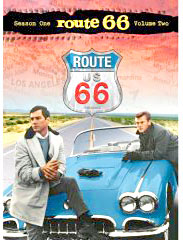 |
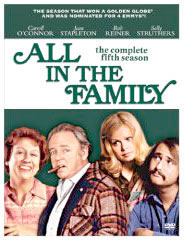 |
 |
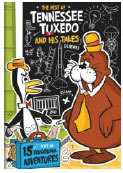 |
|
|
|
||||||||||
| Back
to the menu Contact Us / Survey Other Cool TV Sites TVparty! Television Blog |